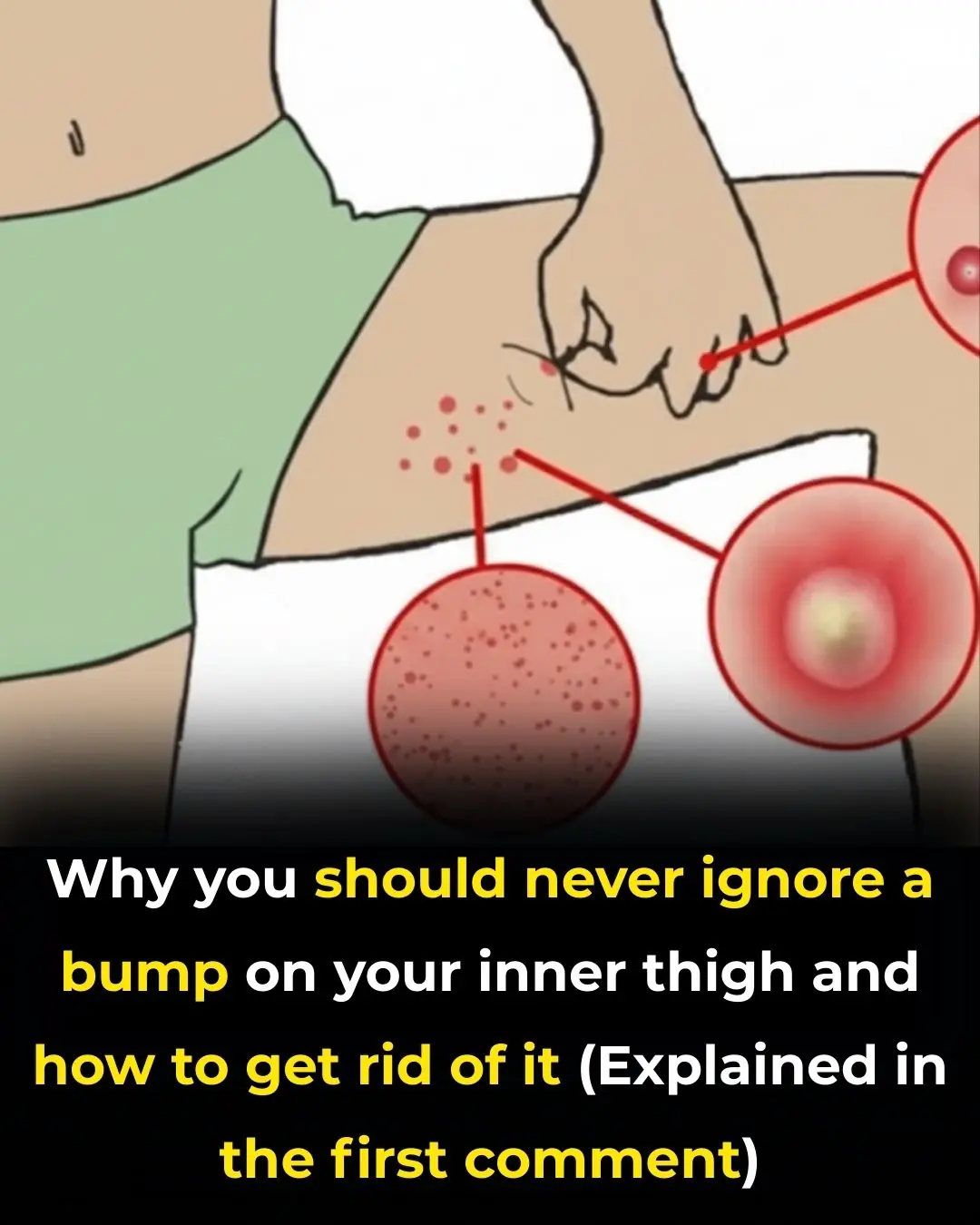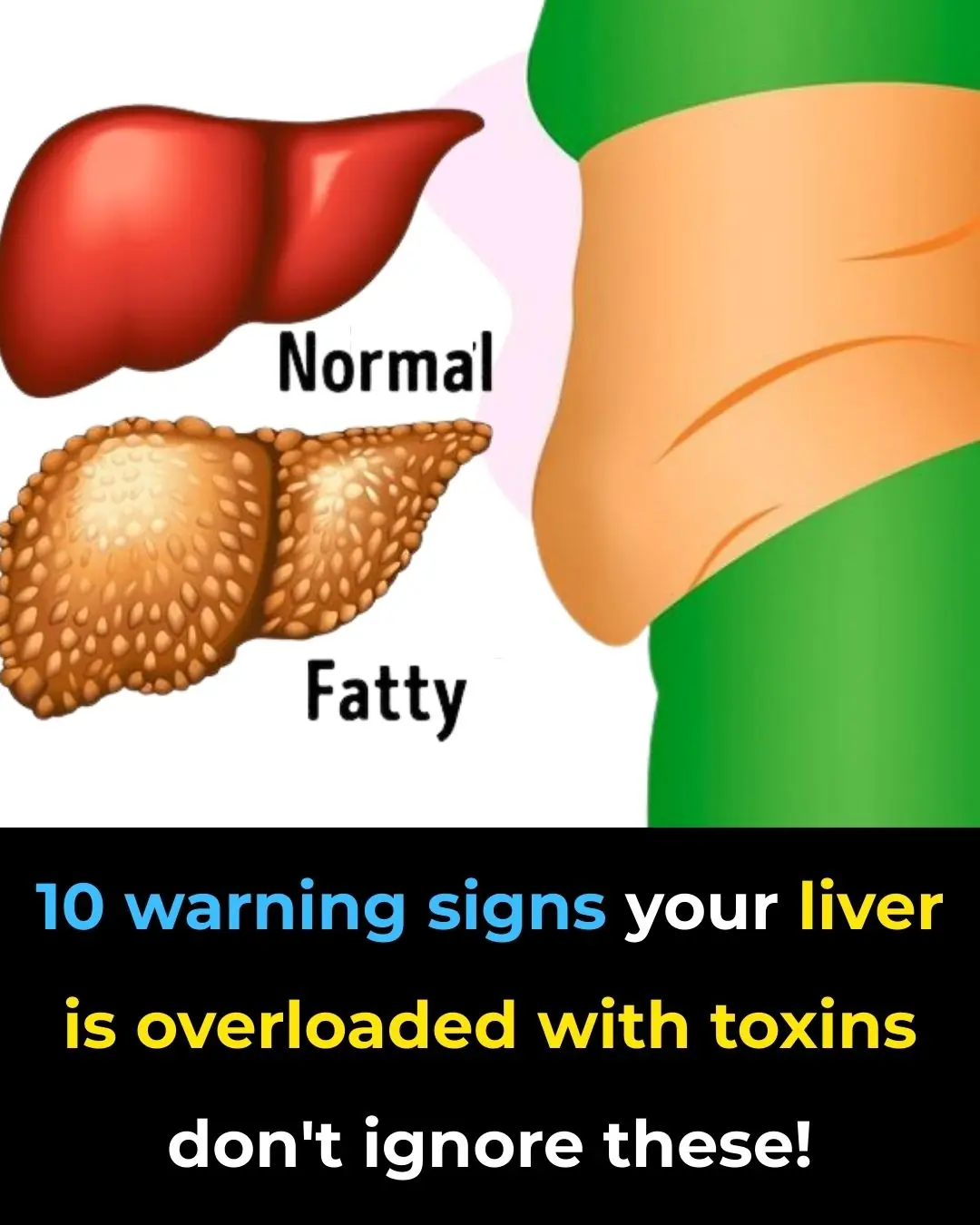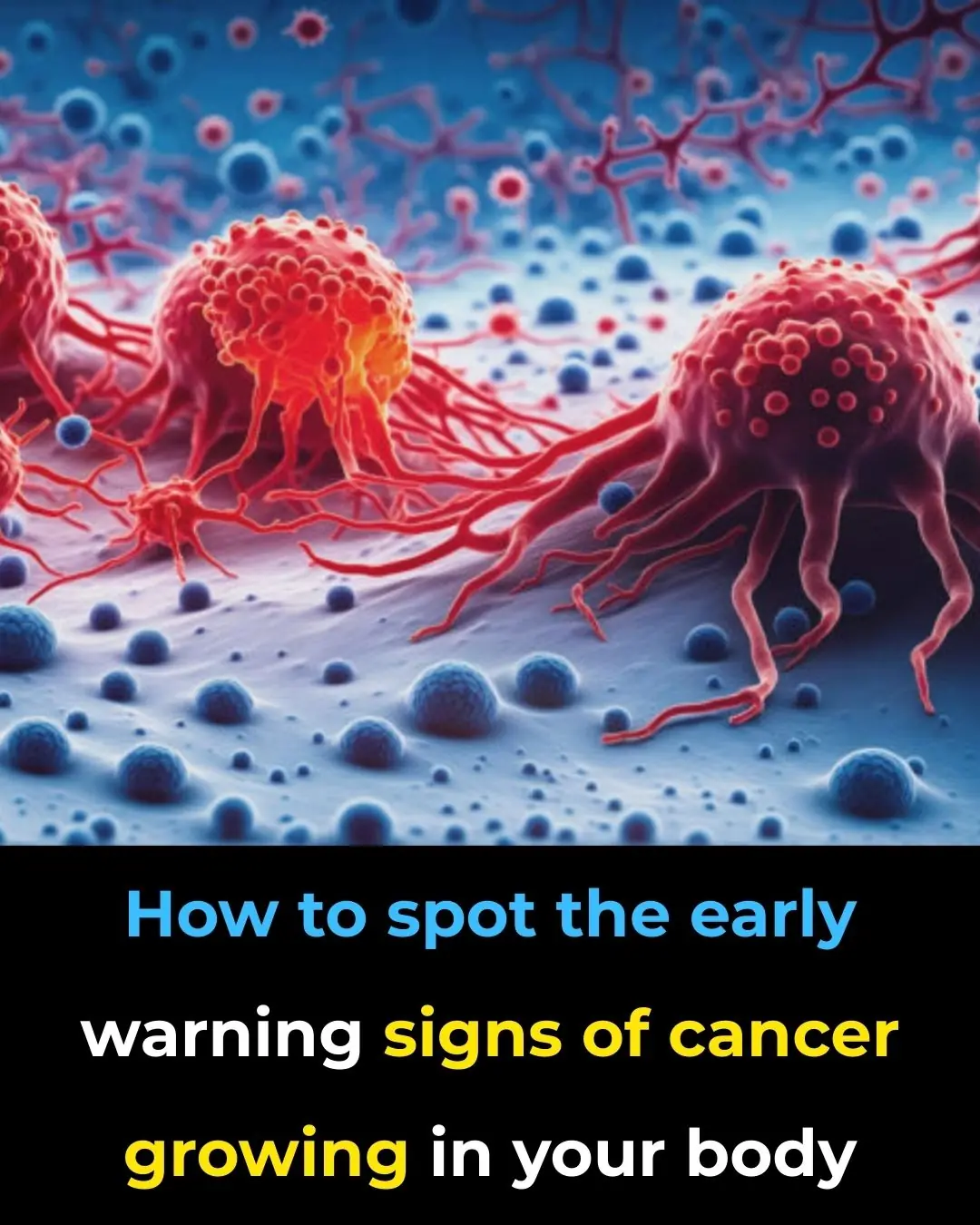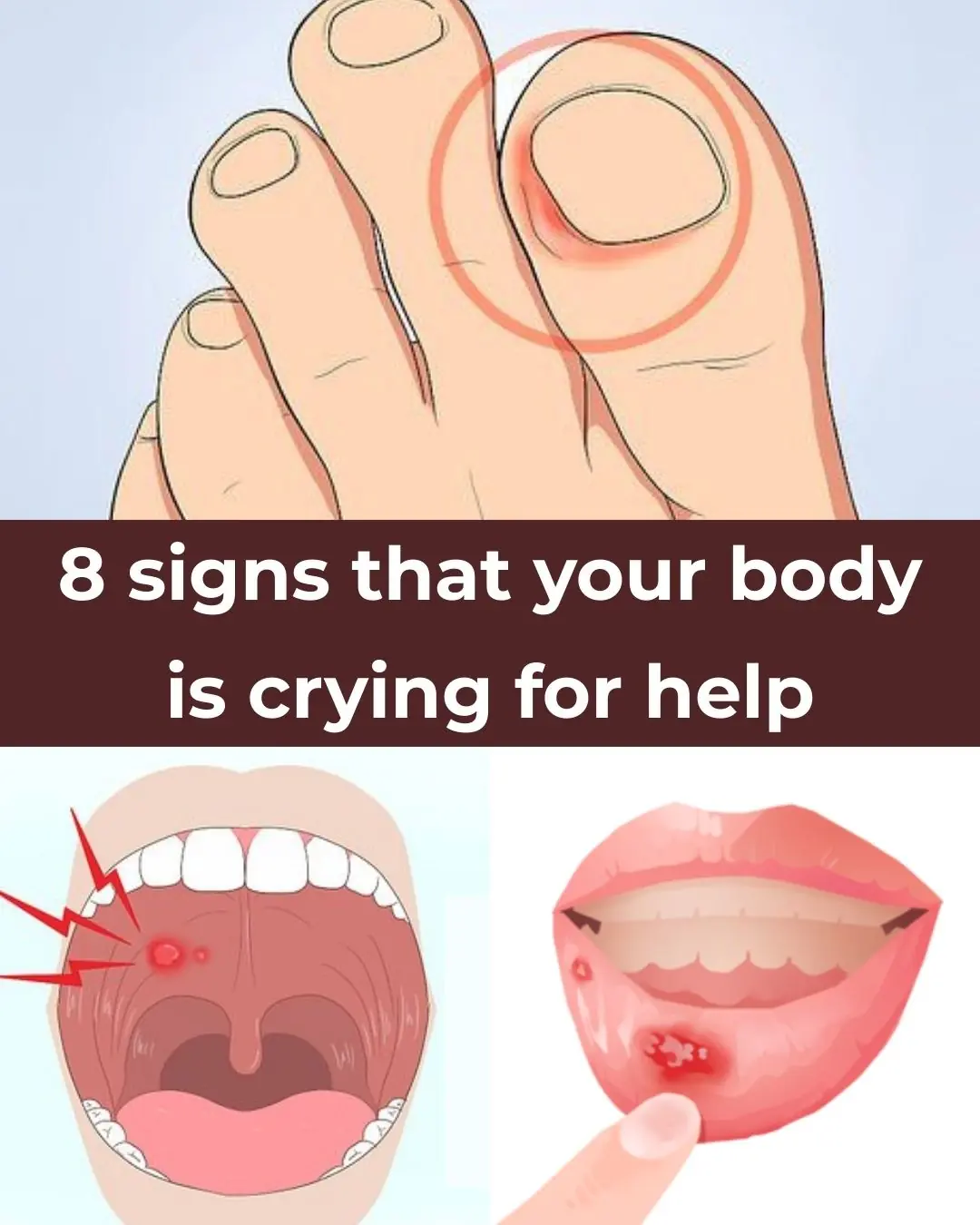
Symptoms Of Ovarian Cancer Every Woman Should Never Ignore
Ovarian cancer is often referred to as the “silent killer” because its symptoms can be vague, subtle, and easily mistaken for less serious conditions. This type of cancer begins in the ovaries, which are a part of the female reproductive system responsible for producing eggs and hormones. Unfortunately, many women do not realize they have ovarian cancer until the disease has advanced, making early detection and awareness of symptoms critically important. Every woman should be aware of the warning signs and never ignore the symptoms that could indicate ovarian cancer.
One of the most common symptoms of ovarian cancer is persistent abdominal bloating or swelling. Unlike occasional bloating, this swelling doesn’t go away after a short time and can cause discomfort or a feeling of fullness. Women may notice that their clothes feel tighter around the waist or that their abdomen looks visibly enlarged. If this bloating lasts for more than a few weeks, it is important to seek medical advice.
Another key symptom is pelvic or abdominal pain. This pain may feel like cramps or a dull ache and can be constant or intermittent. Since abdominal pain can result from many causes, it is crucial to pay attention if the pain is new, unusual, or worsening. Ignoring persistent pelvic discomfort could delay diagnosis and treatment.
Changes in urinary habits are also common early signs of ovarian cancer. Women might experience increased urgency to urinate or more frequent urination than usual. These symptoms often resemble those of a urinary tract infection but, if they persist despite treatment or are accompanied by other signs, further investigation is necessary.
Difficulty eating or feeling full quickly is another symptom that many women overlook. This sensation, known as early satiety, means that even small meals can leave you feeling full. It may also be accompanied by unexplained weight loss or nausea. These changes in appetite can signal that the cancer is affecting the digestive system.
Some women also report unexplained fatigue or a general feeling of being unwell. While fatigue can be caused by many factors, persistent and unusual tiredness that doesn’t improve with rest should be evaluated by a healthcare professional.
Another important symptom to watch for is unusual vaginal bleeding or discharge, especially after menopause. While this may be more commonly associated with other gynecological conditions, it should never be ignored, especially if accompanied by other symptoms like pelvic pain.
In some cases, ovarian cancer can cause back pain or discomfort in the lower back that doesn’t go away. This symptom is often overlooked but can be a sign that the cancer is growing or spreading.
Women with ovarian cancer may also notice changes in their bowel habits, such as constipation or diarrhea that lasts longer than usual. If these digestive changes are persistent and unexplained, it’s important to discuss them with a doctor.
Swelling in the legs or unexplained weight gain can also be associated with ovarian cancer, often due to fluid retention caused by the disease. This swelling should be taken seriously, especially if it appears suddenly or worsens over time.
Lastly, some women experience pain during intercourse. While this can happen for various reasons, new or unusual pain during sex combined with other symptoms warrants medical evaluation.
In conclusion, ovarian cancer symptoms can be subtle and easily confused with common, less serious issues. However, the key to improving survival rates lies in early detection. Women should never ignore persistent symptoms such as bloating, pelvic pain, changes in urinary or bowel habits, unusual bleeding, or unexplained fatigue. Regular check-ups, awareness of family history, and paying attention to one’s body are essential steps for early diagnosis. If you experience any combination of these symptoms for more than two weeks, consult a healthcare professional promptly. Remember, early action can save lives.
News in the same category


Struggling to sleep? This simple eye trick can knock you out in minutes

7 essential vitamins every diabetic needs for nerve health

If you have these lines on your nails it is a clear sign that...

11 Silent Signs Your Body Gives Before Diabetes Strikes

Don’t Ignore These 9 Early Signs of Diabetes — Your Body’s Been Trying to Tell You

The Most Effective Ways to Get Rid of Bumps on Inner Thigh (Backed by Science)

Early Signs of Liver Damage & How to Strengthen Your Liver

Shingles Vaccine May Protect Against Dementia, New Study Suggests
Could a simple vaccine hold the key to protecting the brain against one of the most feared diseases of aging?

Surgeons Face the Highest Mortality Risk Compared to Other Physicians, Study Finds
From elevated cancer rates to stress-induced cardiovascular disease, the profession carries health costs that demand greater awareness and intervention.

The Most Dangerous Time to Sleep: Why Going to Bed Late Can Harm Your Health

Random Stabbing Pains In Your chest Has Finally Been Explained

Varicose Veins: Causes, Symptoms, and Treatments for Better Circulation

6 Sneaky Signs Your Diet Can Be Harming Your Body

15 Common Cancer Symptoms You Shouldn’t Ignore

Remove these 7 everyday foods from your fridge—they could raise cancer risk

The Anti-Cancer Diet: Cancer Fighting Foods to Help Prevent Cancer (Evidence Based)

A Surprising Drink That May Help Prevent Cancer – And It's Not Tea or Coffee

How To Get Rid of Phlegm And Mucus
News Post

Texas Doctor Reveals A “Miracle Mineral” That Soothes Nerve Pain

Struggling to sleep? This simple eye trick can knock you out in minutes

7 essential vitamins every diabetic needs for nerve health

If the freezer in your fridge is covered with ice, do this right away to avoid a surge in your electricity bill.

Don't boil chicken with salt and plain water, as it may become smelly and red. Try this method instead: the chicken will have golden skin and tender, flavorful meat.

3 ways to prevent snakes from entering your house, everyone should know to protect their family.

Red Onion for Hair Growth: How This Overlooked Natural Remedy Can Stop Hair Fall and Boost Thickness Fast

25 Incredible Health Benefits of Goosegrass

US officials issue warning that solar panels could be spying on us

Security feature you should make sure is always enabled on your Android smartphone

Tech experts try to 'break the iPhone Air' with bend test

Homemade Vitamin C Serum | DIY Vitamin C Serum for Clear Skin

If you have these lines on your nails it is a clear sign that...

8 Signs That Your Body Is Crying for Help

Say Goodbye to Bad Breath With Just 2 Natural Ingredients: DIY Clove & Peppermint Mouthwash

11 Silent Signs Your Body Gives Before Diabetes Strikes

Don’t Ignore These 9 Early Signs of Diabetes — Your Body’s Been Trying to Tell You

iPhone users slam latest update a 'downgrade' after noticing 'diabolically ugly' new features
